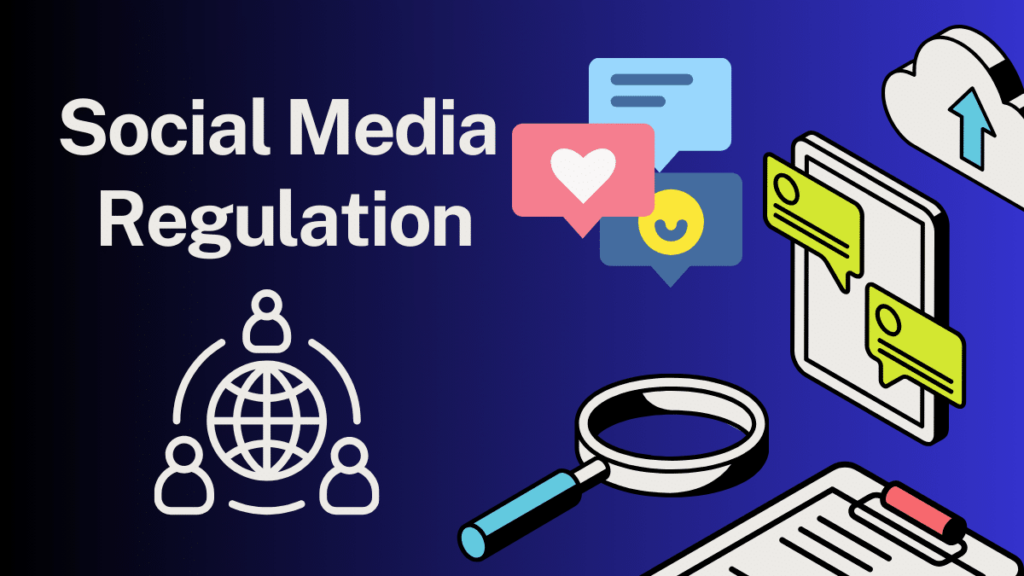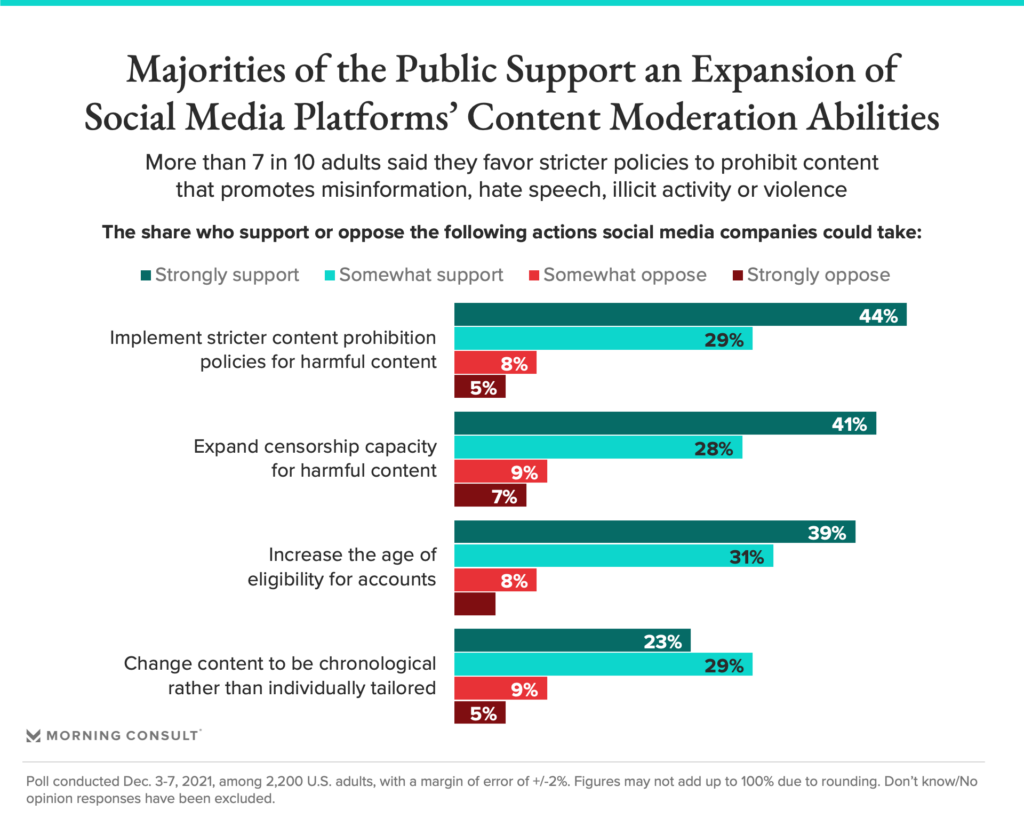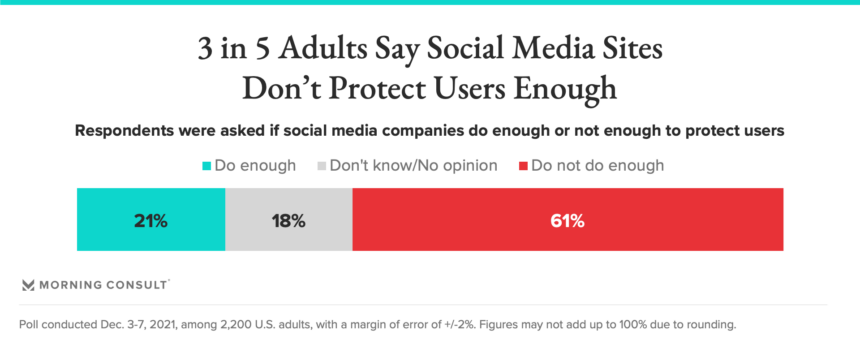Australia and the United States are stepping up efforts to address the impact of social media on youth. Australia plans to introduce a minimum age limit for social media use, sparking debate over children’s rights and online safety. Meanwhile, in the U.S., a group of state attorneys general calls for warning labels on social media apps, citing concerns over addiction and mental health among young users.
What’s Happening & Why This Matters
Australia’s Age Limit for Social Media
Australia is gearing up to set a minimum age for children to use social media, aiming to protect young people’s mental and physical health. Prime Minister Anthony Albanese announced that the government would begin an age verification trial this year before finalizing the law. The proposed age limit is expected to be between 14 and 16. Albanese emphasized his desire to see children engaging in more offline activities, such as sports, rather than spending time on social media, which he believes causes social harm.
This initiative would place Australia among the few countries to impose such restrictions. Similar attempts in other regions, like the European Union, have previously failed due to concerns about limiting minors’ online rights. While social media companies like Meta, which already has a self-imposed minimum age of 13, argue for empowering young users and supporting parents rather than restricting access, others, including YouTube and TikTok, have not commented on the proposed changes.

Australia, with one of the highest social media engagement rates globally, has seen a rise in concerns about social media’s impact on youth. A 2023 University of Sydney study found that three-quarters of Australians aged 12 to 17 use platforms like YouTube or Instagram. The proposed age limit follows a parliamentary inquiry into the effects of social media on society, which has highlighted both mental health concerns and potential risks associated with banning younger users from these platforms. Critics, like Daniel Angus from the Queensland University of Technology, warn that such a move could drive youth towards less regulated online spaces, potentially increasing their exposure to harmful content.
U.S. Push for Warning Labels on Social Media
In the U.S., a bipartisan coalition of 42 state attorneys general is urging Congress to mandate Surgeon General warning labels on social media apps to combat addiction and mental health issues among young people. This push comes in the wake of rising concerns about the impact of algorithm-driven platforms on the safety of children. The attorneys general argue that while states have taken legal action against platforms like Meta and TikTok, federal action is necessary to raise public awareness and mitigate risks.
Their letter echoes Surgeon General Vivek Murthy’s stance, who has drawn parallels between social media usage and smoking, linking excessive use to mental health issues like depression. Murthy points out studies showing a correlation between prolonged social media use and increased risks of mental health disorders in teens. For instance, a 2019 study published in the Journal of the American Medical Association revealed that teens spending three hours a day on social media double their risk of depression. Currently, the average time teens spend on these platforms exceeds five hours daily.

Despite these warnings, Congress has yet to act on Murthy’s recommendations. However, the Senate recently passed the Kids Online Safety Act, which mandates tech companies to safeguard children from harmful content and take responsibility for any harm caused by their platforms.
TF Summary: What’s Next?
Australia and the U.S. are both taking approaches that protect youth from the risks associated with social media, but their approaches differ. Australia’s proposed age limit is a preventive measure, while the U.S. focuses on raising awareness through warning labels. The outcomes of these initiatives may shift future global policies on digital safety and youth protection. As Australia tests its age verification plan and U.S. lawmakers consider further measures, the debate on the balance between safeguarding children and preserving their digital rights will continue as a topic of international discussion.


